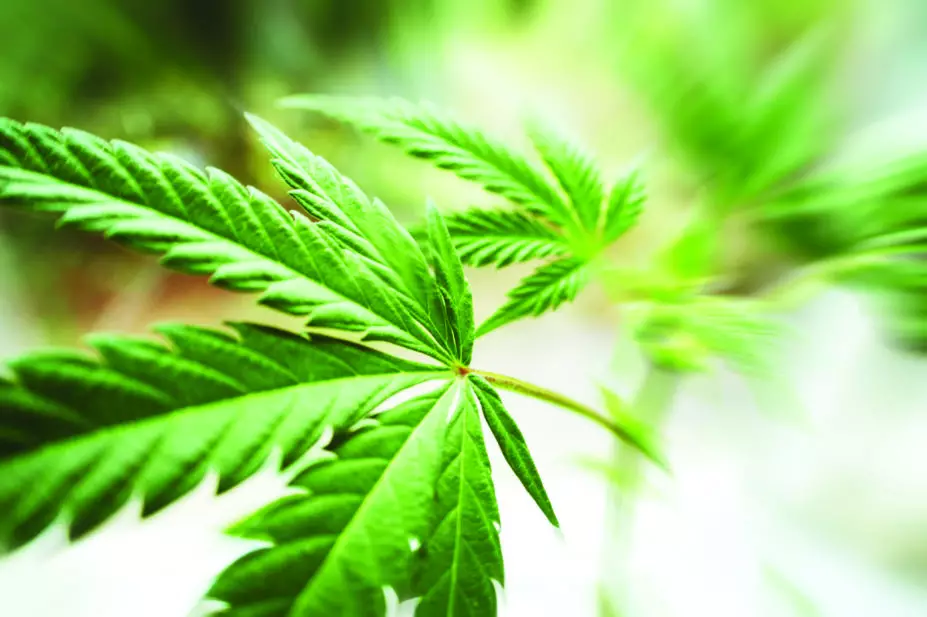
Shutterstock.com
The World Medical Association (WMA) has called for laws governing research-grade cannabis to be reviewed to allow more research on using cannabis for medicinal purposes.
In a policy statement issued following the WMA’s annual general assembly in Chicago from 11–14 October, delegates heard that evidence supporting the use of medical cannabis is inconsistent and of a low or moderate quality.
And delegates agreed that more rigorous research was necessary before governments decided whether or not to legalise cannabis for medical purposes.
The WMA said that medical professionals often found themselves in a dilemma as they tried to balance their ethical responsibility to patients for whom cannabis may be an effective therapy and compliance with local laws and regulations. This dilemma can affect both patients who may benefit medically from the use of cannabis, and those who are not likely to do so but put pressure on medical professionals to prescribe it.
Delegates at the Chicago Assembly strongly opposed recreational cannabis use because of the serious adverse health effects including increased risk of psychosis, fatal road accidents, dependency, as well as harm to verbal learning, memory and attention.
WMA president Yoshitake Yukokura said: “National medical associations should support strategies to prevent and reduce the use of recreational cannabis. It is also important that effective control measures are put in place to prevent illicit use of medical cannabis”.
The Royal Pharmaceutical Society (RPS) launched a survey in July 2017 of members’ views on the medicinal use of cannabis. And a motion was passed at the RPS Conference in September 2015 calling on the Home Office to move cannabis out of Schedule 1 of the Misuse of Drugs Regulations 2001, which would allow scientists to more easily undertake research on the short and long-term effects of cannabis use.


